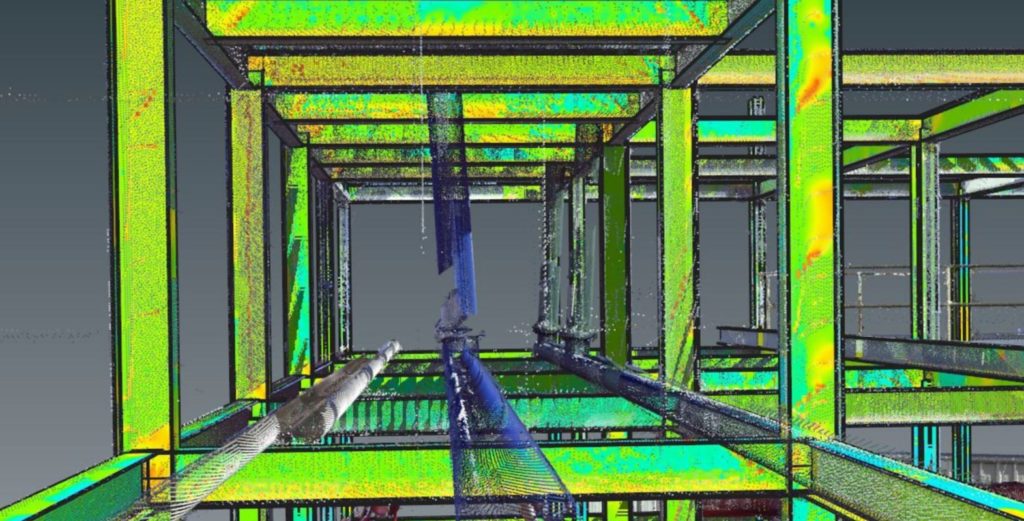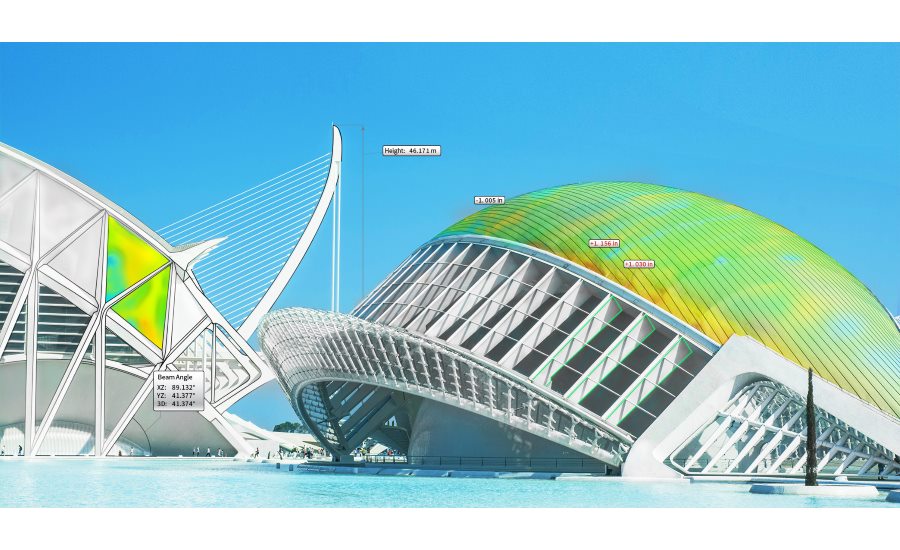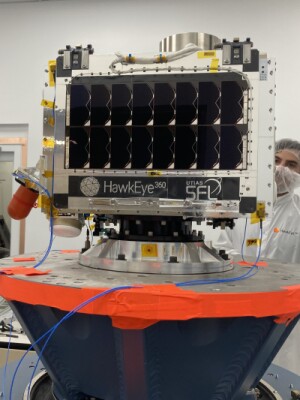FARO recently announced the BuildIT Construction application, which it is calling “the first complete solution for continuous construction verification.” The application offers a number of tools for continuously measuring floor flatness and levelness, as well as wall plumbness. It also compares the as-built to the original design model or BIM to track changes to floors, steel beams, columns, windows and doors.
When asked what differentiates BuildIT Construction from other similar tools on the market, chief product owner Vito Marone offered a number of reasons.
Bringing manufacturing expertise to construction
First, he cited FARO’s extensive expertise in delivering metrology solutions for the manufacturing industry. He says this has allowed the company to include “unique capabilities such as real-time deviation analysis and live feedback using the FARO TracerM.”
“Construction sites are like remote factories,” Marone continued, “in the way of requiring routine inspections during the construction phase of the project. The total integration of design validation, tolerance evaluation and positioning/monitoring functionality allows contractors and engineers to exercise quality checks to keep the project on schedule while minimizing errors and resource waste.”

Validate your 3D scan to your digital design files with a 3D analysis.
An ecosystem of software and hardware tools
Marone emphasized that FARO’s tool was built with an ecosystem approach, which he says will enable users to control both the hardware and the software they use for verification. That means, he says, users can work with a variety of hardware tools to cover the complete spectrum of QA/QC applications for continuous verification.
The application will also include a range variety of software tools. “While many firms are either focusing on software that provides validation to all models or software for tolerance evaluation to industry standards (without a model), BuiltIT aims to be an all-encompassing platform for QA/QC. FARO is not providing these functions as a service, but rather giving the tools to the end users.”
More applications, a new FARO
FARO is also planning to develop BuildIT Construction for use in areas such as construction prefab, civil survey, plant design, historic preservation, and more. The company also sees integration with automated hardware as a crucial future step.
Marone sees BuildIT Construction as emblematic of big changes within FARO. “We intend to move away from the reputation that FARO is simply a hardware manufacturer,” he says, “into a world where we are viewed as a construction solutions company.”
“BuildIT Construction is one symbol into this direction but our development roadmap is quite full with much more to come.”






